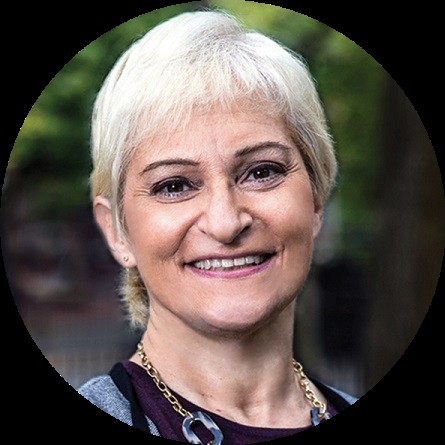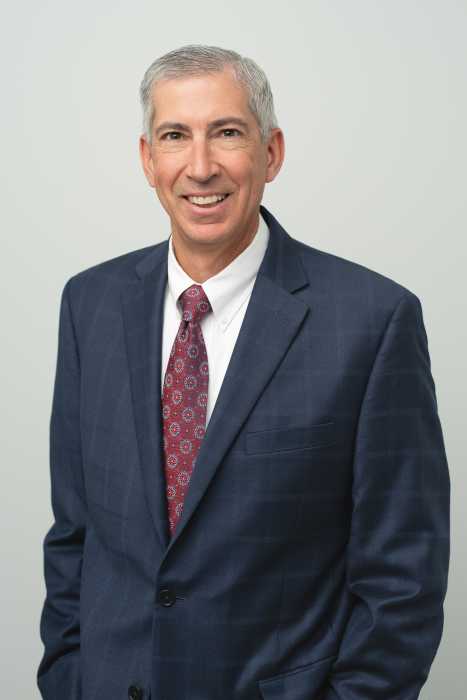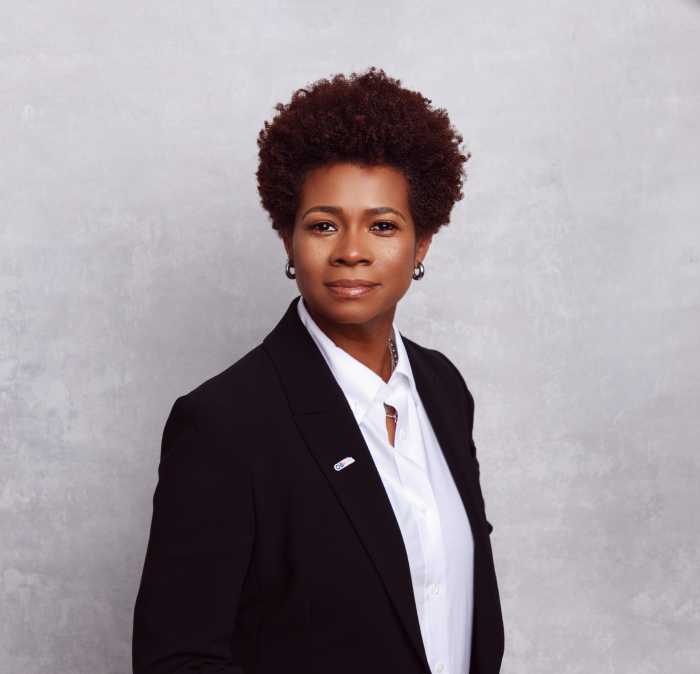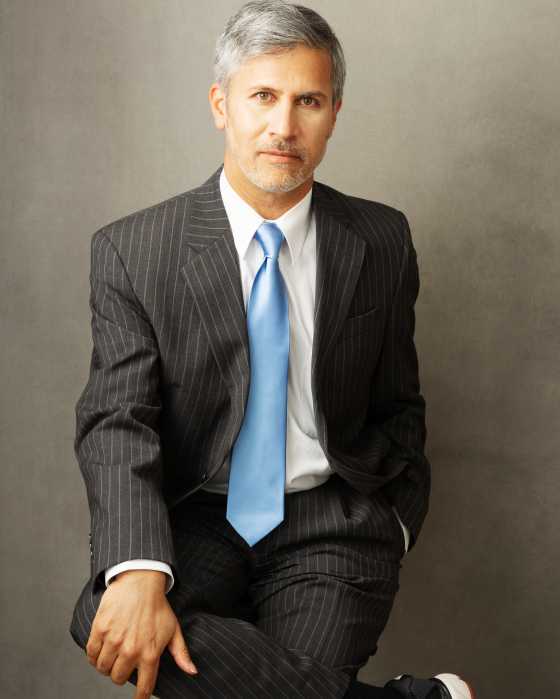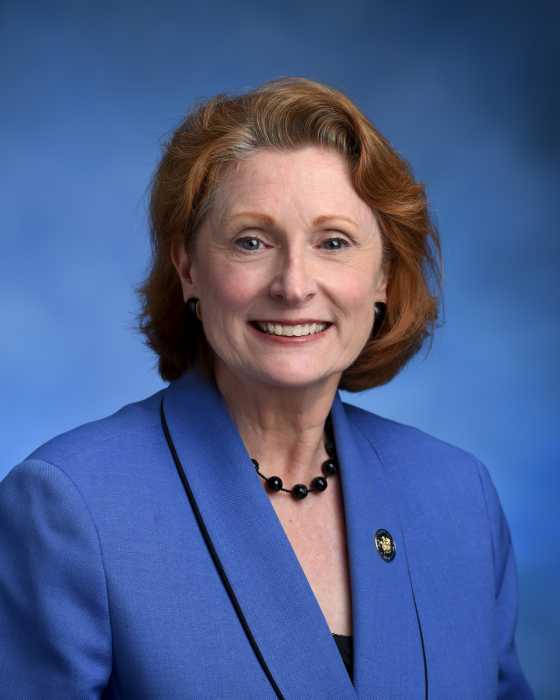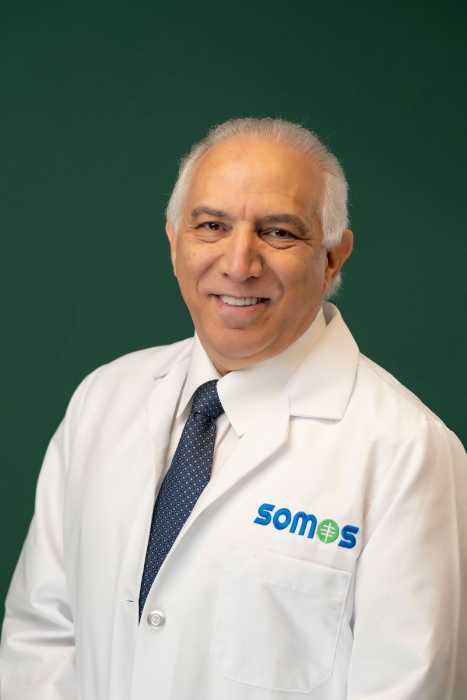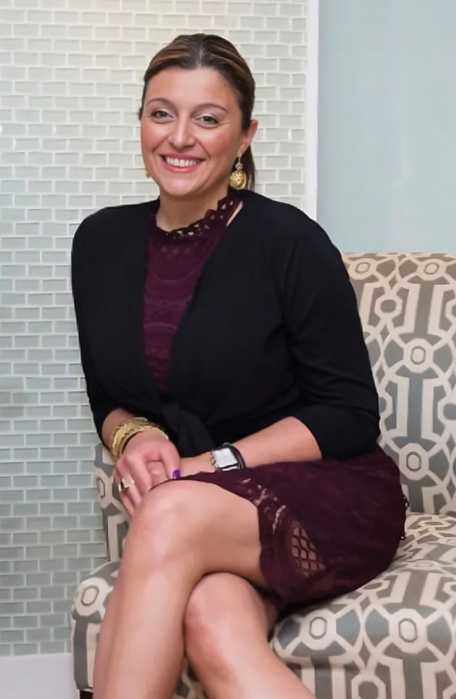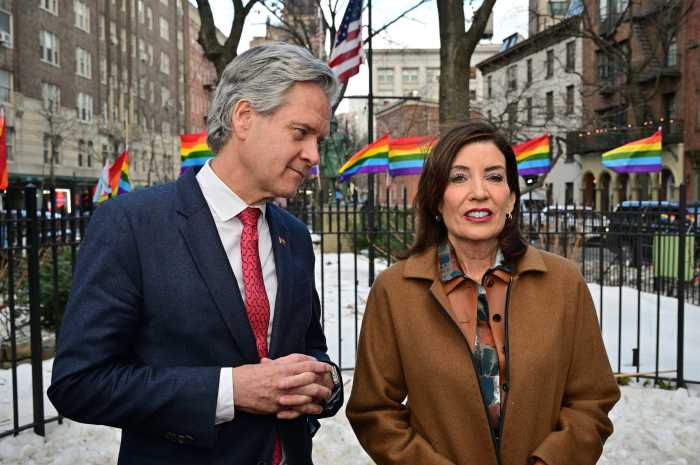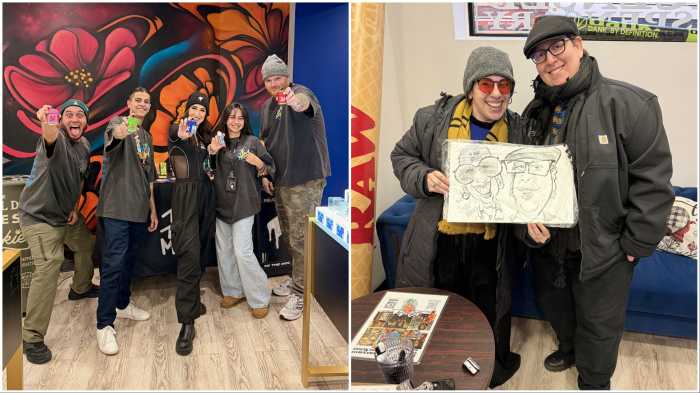Lynn Schulman was elected to a historic female-majority-led City Council in 2021. With decades of leadership in health care advocacy, she chairs the City Council Health Committee, where she spearheaded legislation to create the first citywide diabetes prevention program, passed a bill to create a unique public health agenda to increase the life expectancy of all New Yorkers, and was the driving force for a new family building benefits program for city workers.
What piece of health care related legislation would you like to see passed in the near future?
One of the ways we can keep people healthy is to ensure they have information to make healthier choices, especially when it comes to chronic diseases. As a primary sponsor of the “Sweet Truth Act”, to combat diabetes by requiring chain restaurants with 15 or more locations to post the sugar content of menu items, I am looking forward to passing similar legislation for salt content to combat high blood pressure.
How do you expect the health care field to change in the next five years?
As a health care advocate and breast cancer survivor, it is vitally important to follow the science. Sadly, much of the science and evidence-based health care has been stripped from the federal government. Over the next five years, I see health care being driven more on the local and State level. Even with federal funding cuts, I am optimistic that we will prioritize patients over profits and make our health care system more transparent and accountable.
As this year comes to an end, what are your goals for 2026?
My goal has not wavered since joining the Council. Health care must be treated as a human right and policymakers must support accessible and affordable health care for all New Yorkers, regardless of zip code. In 2026, it will be crucial to provide culturally and linguistically appropriate health care to our city’s many diverse communities, regardless of someone’s immigration status.


